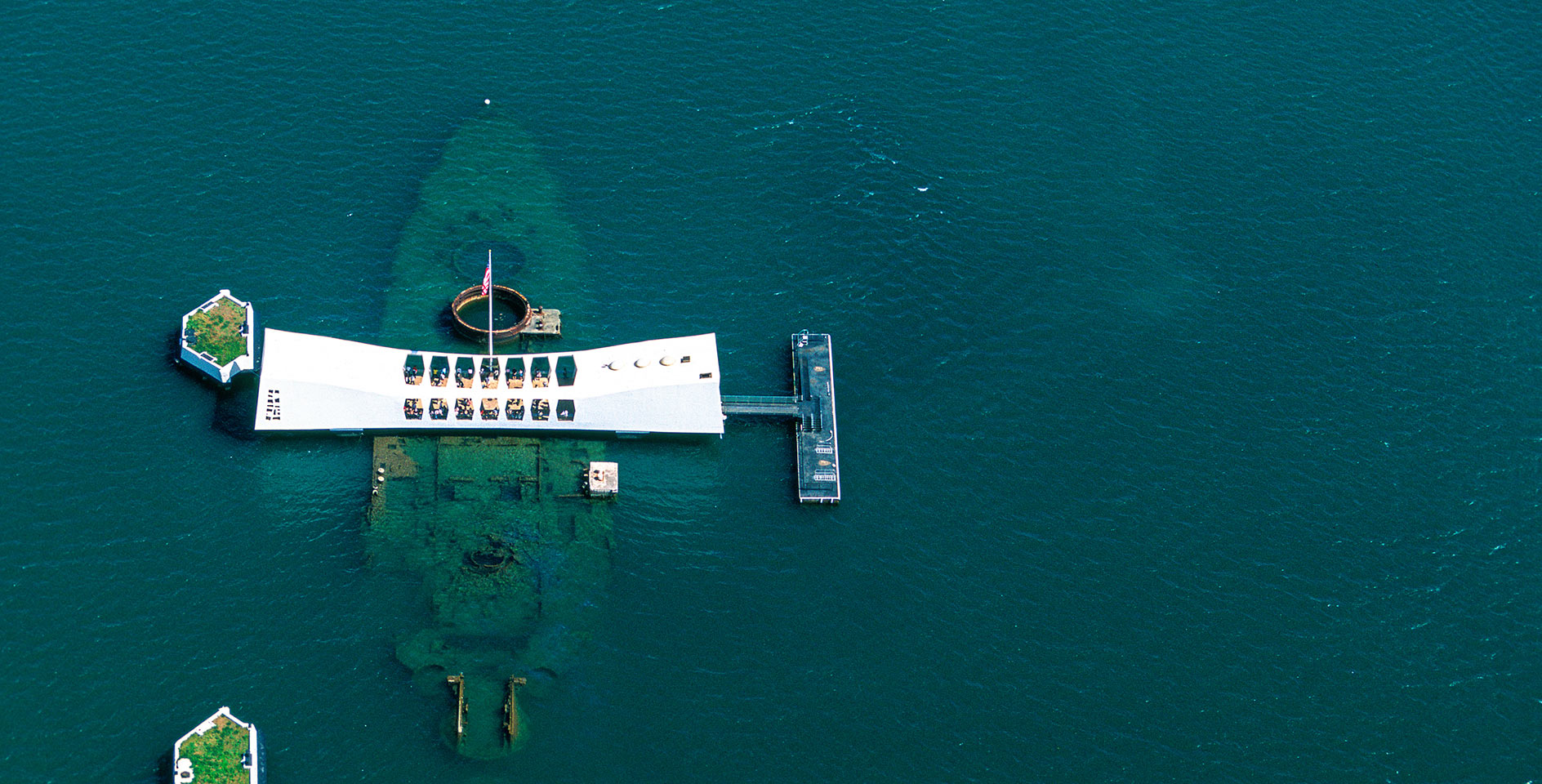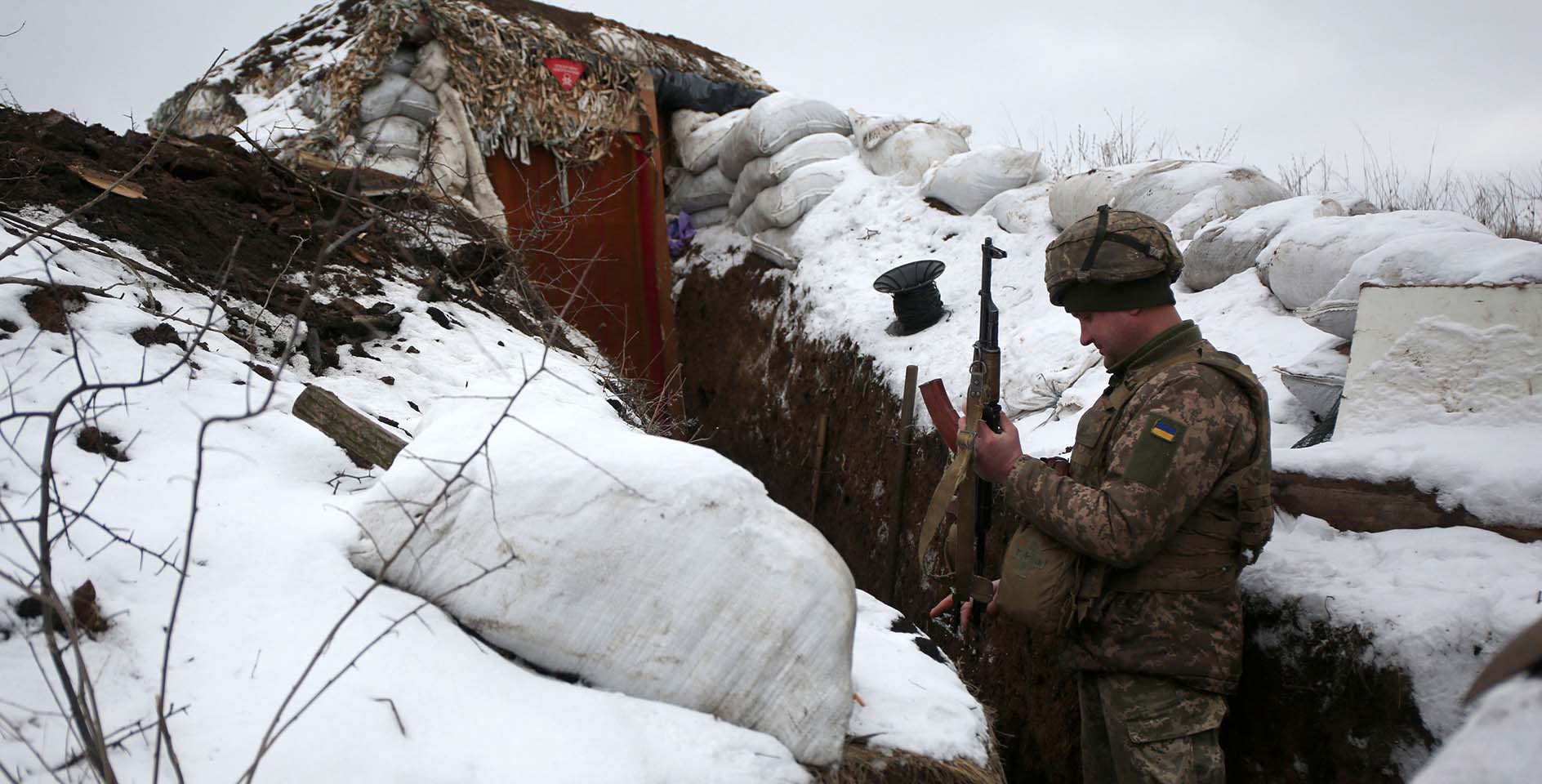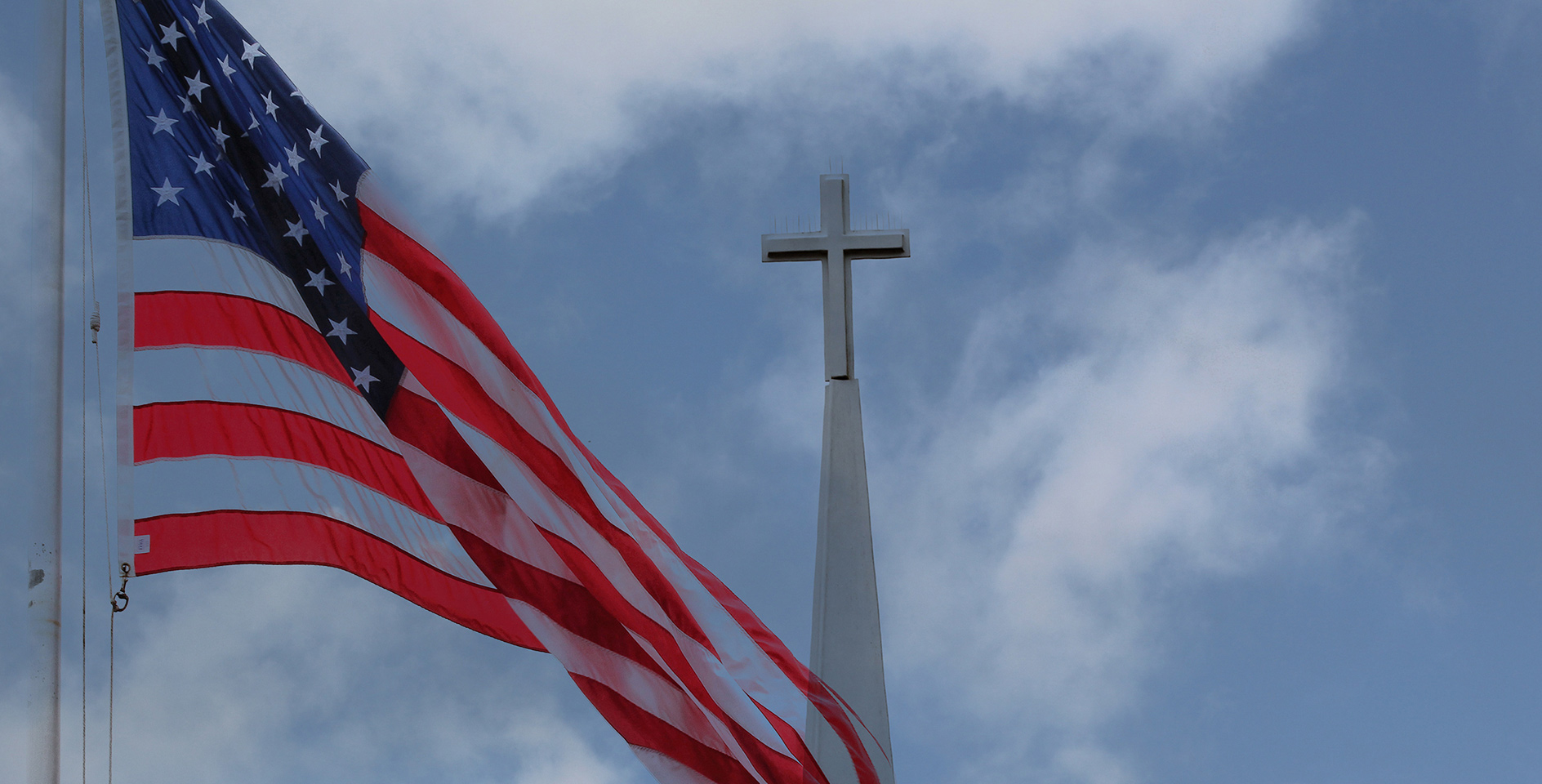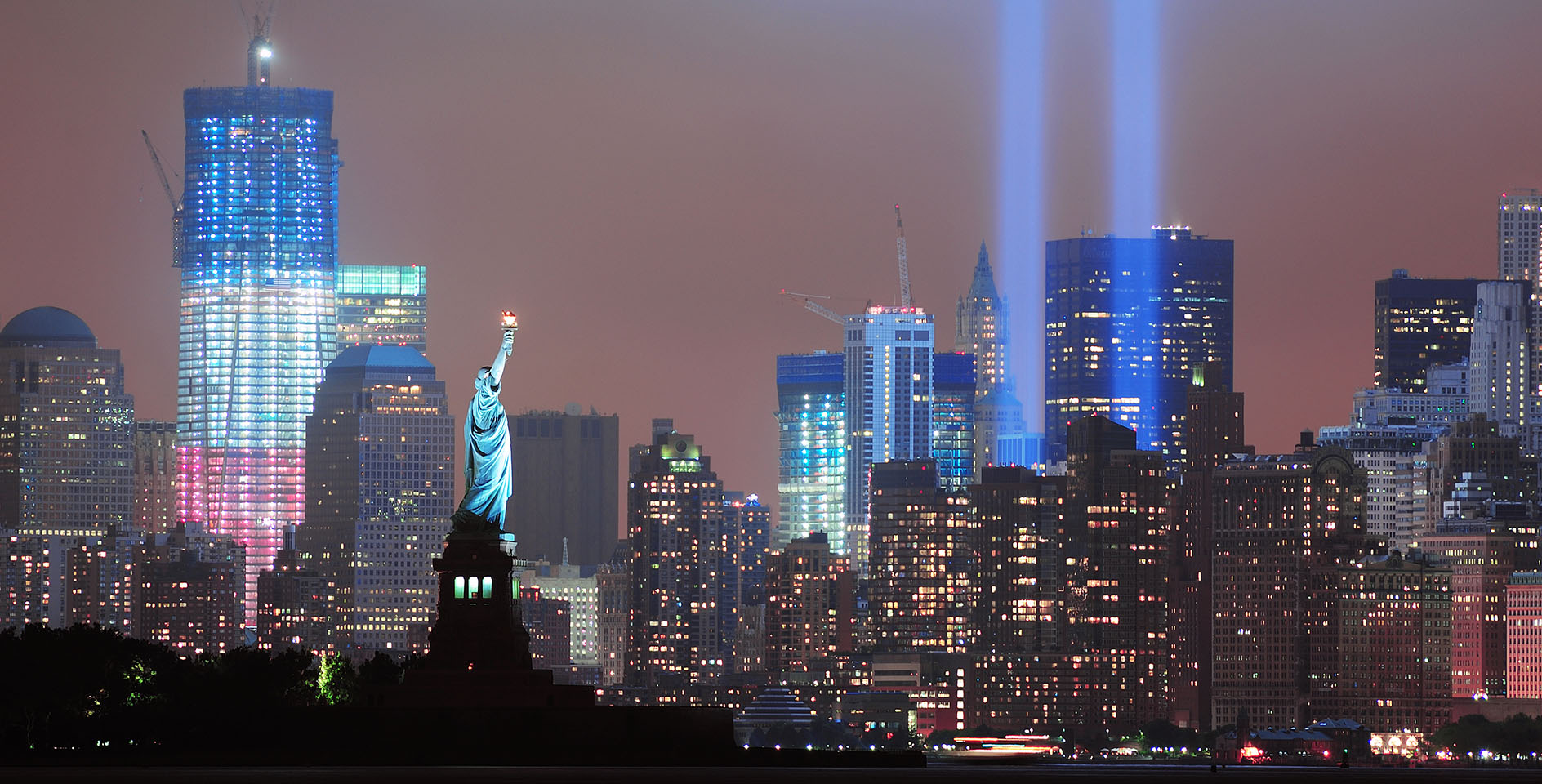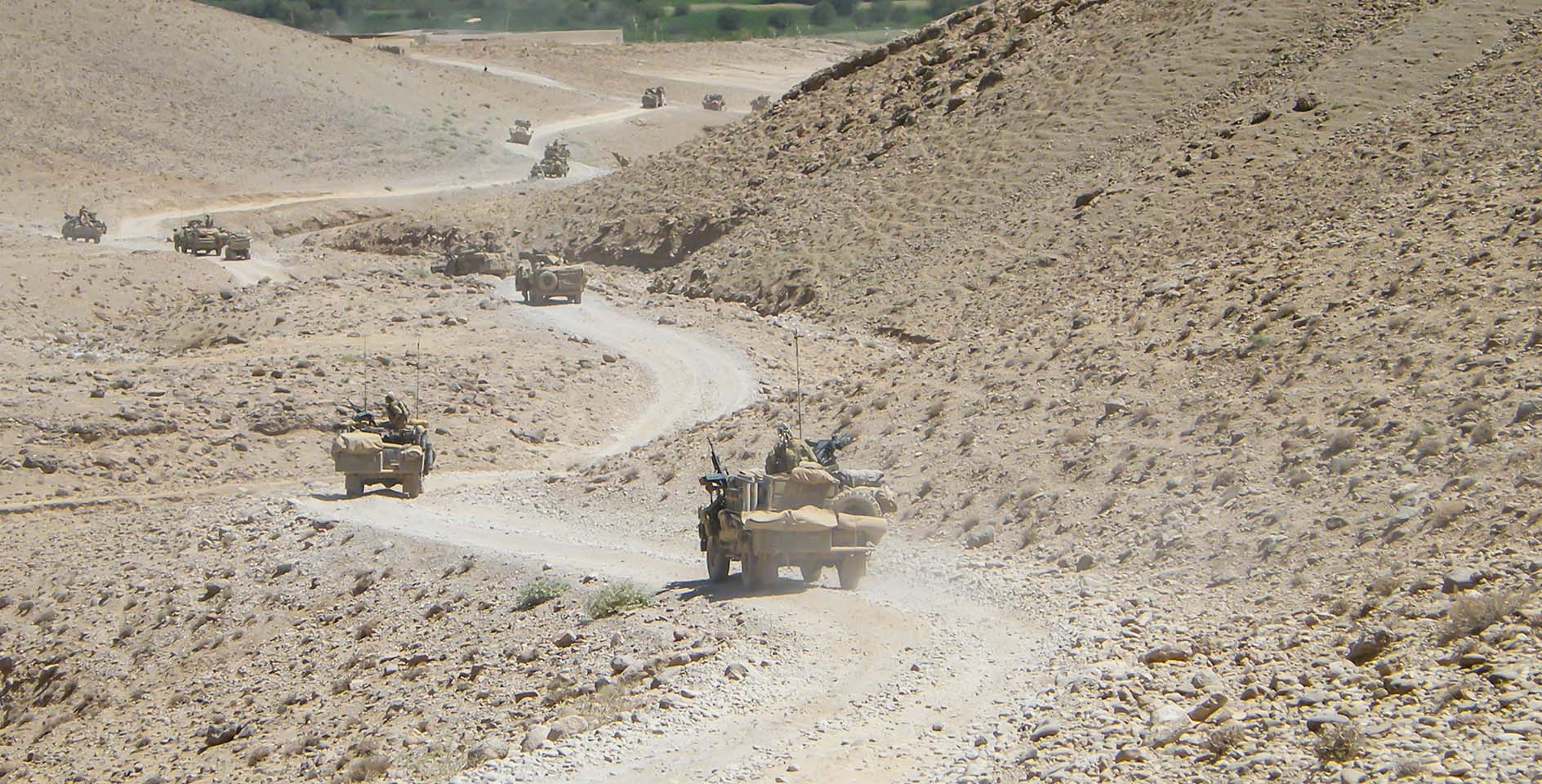Today marks the 76th anniversary of the Japanese attack on the American naval base at Pearl Harbor near Honolulu, Hawaii. Here are five facts you should know about the event that propelled the U.S. into World War II:
1. In July 1941, Franklin D. Roosevelt’s administration imposed an oil embargo on Japan to deter further aggression in Asia. At the time Japan was dependent on America’s oil, but also believed that war with the U.S. was inevitable. Because they needed access to oil and other resources, Japan decided to seize the overseas territories controlled by the U.S., the U.K., and the Netherlands. On the morning of December 7, 1941, Japan launched a series of attacks on the U.S.-held Philippines, Guam, and Wake Island, and on the British Empire in Malaya, Singapore, and Hong Kong. The Japanese also attacked Pearl Harbor, believing that by destroying the American naval fleet in the Pacific theater they would be able to prevent the U.S. from interfering with Japanese expansion. As military historian Victor Davis Hanson explains, “In short, for the Japanese, December 1941 seemed a good time to attack the United States – a provocation that would either likely be negotiated or end in a military defeat for the U.S.”
2. In the two-hour bombing campaign that took place on the morning of December 7, 1941, Japanese forces were able to destroy 188 airplanes and nearly 20 American naval vessels. All eight U.S. Navy battleships were damaged (four were sunk, but all but the Arizona were later raised). The attack killed 2,403 American service members and wounded 1,178 others. An additional 68 civilians died and 35 were wounded.
3. The attack on the naval base was conducted by 353 Japanese fighter planes, bombers, and torpedo planes, which were launched from six aircraft carriers. Five Japanese mini submarines also participated in the battle. Altogether, the Japanese losses were relatively light: 29 aircraft destroyed; 4 mini subs sunk and 1 grounded; 64 men killed and 1 captured.
4. Hara Chuichi, a Japanese commander of a carrier group that helped carry out the attack, later claimed, "we won a great tactical victory at Pearl Harbor and thereby lost the war." The Japanese attacked with the belief that it was strategically necessary to disable American battleships. But battleships were, by this point, becoming less important than aircraft carriers—and all three of the U.S. Pacific Fleet's aircraft carriers were away from Pearl Harbor at the time of the attack. The Japanese leadership also underestimated the resolve of the American people. As Jeffery Record says, “The Japanese believed they were racially and spiritually superior to the Americans, whom they regarded as an effete, creature-comforted people divided by political factionalism and racial and class strife.
5. Because the attack caught the U.S. completely off-guard, many people placed blame on the government and military leaders, accusing them of either incompetence or involvement in a conspiracy. The U.S. government made nine official inquiries into the attack between 1941 and 1946, and a tenth in 1995. No solid evidence has ever been found to support the fringe theory that American leadership knew of the attack, though incompetence and ill-preparation were cited in the investigations. Had the military had warning about the attack, though, the outcome could have been even worse. As many historians now point out, if they had been aware of a pending attack the U.S. Navy would have attempted to face the Japanese navy in open waters. The superiority of the Japanese fleet would have still prevailed and lead to many of the ships being sunk and unrecoverable, setting the U.S. military and war effort back about two years.
Editor's note: This post originally ran on the 75th anniversary.



